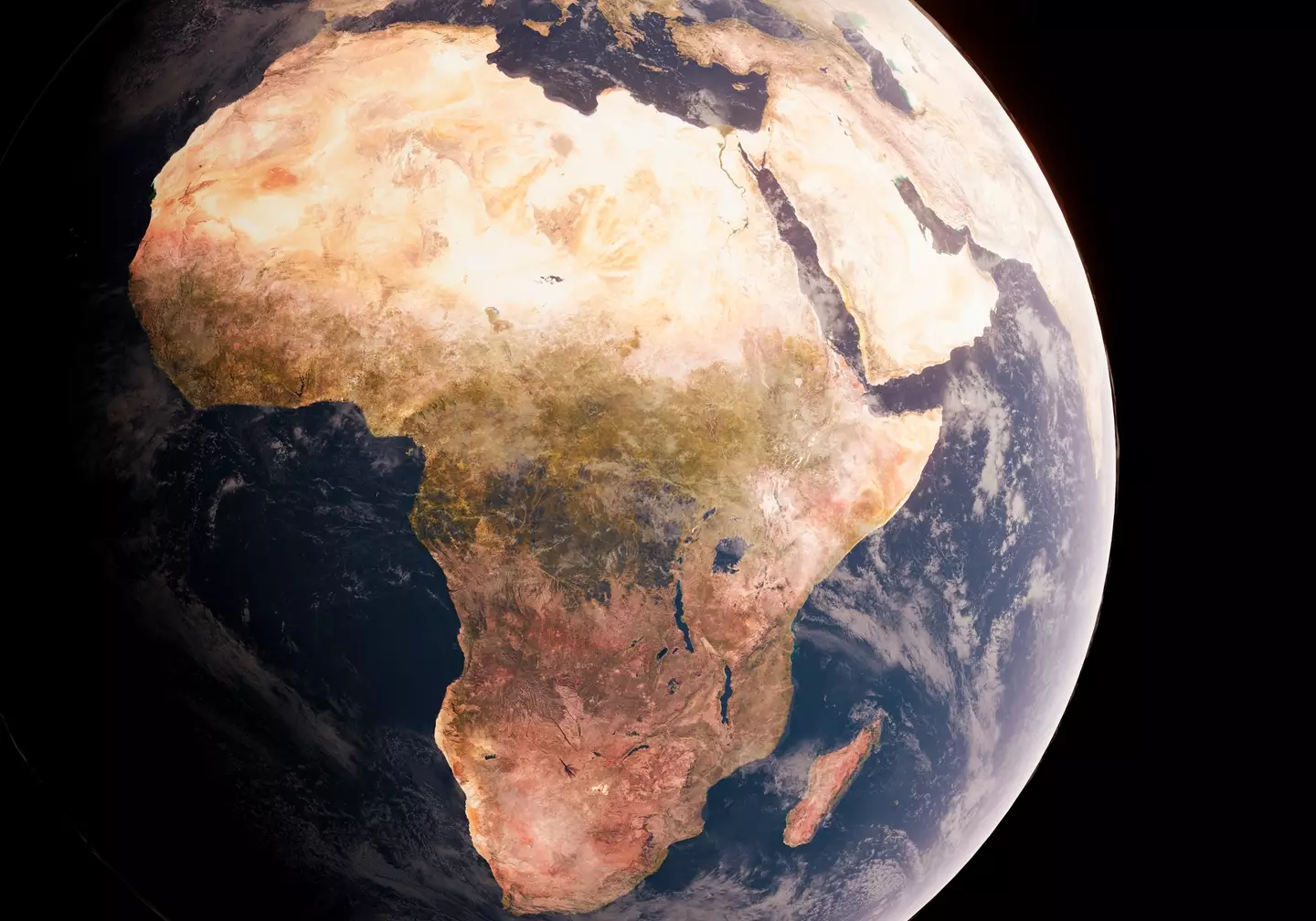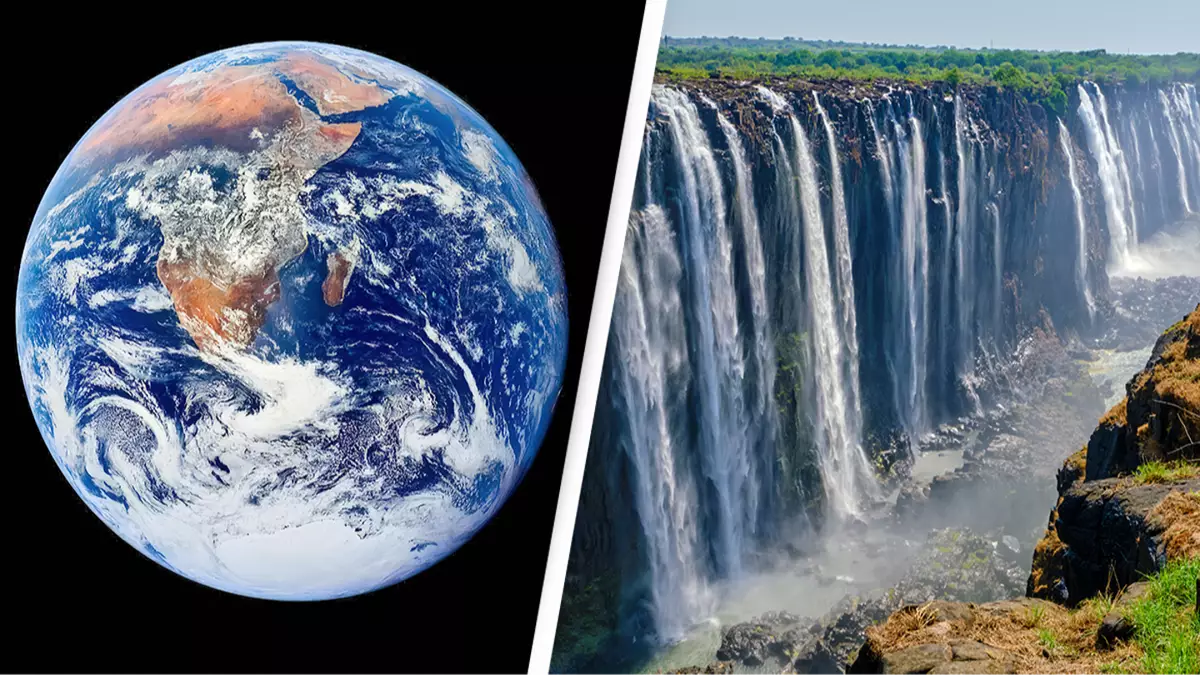Featured Image Credit: Roberto Machado Noa/Getty / Tuul & Bruno Morandi/Getty
Scientists in Australia sparked debate after claiming to have discovered the ancestral home of all modern humans.
For everything science has uncovered about evolution and the history of our planet over the years, there’s still so much we don’t know.
It seems like there are always new findings coming to light to provide clues about our past, and in 2019, those findings came in the form of mitochondrial DNA.
Professor Vanessa Hayes, a geneticist at the Garvan Institute of Medical Research in Sydney, and her team analysed 1,217 samples of mitochondrial DNA, which is passed down from mother to child.
The DNA came from people living in southern Africa, with Hayes noting that ‘we have known for a long time that modern humans originated in Africa and roughly 200,000 years ago’.
However, she noted that ‘what we hadn’t known until this study was where exactly’ humans came from.

Scientists have long known humans originated from Africa. (Getty Stock Photo)
Using the DNA, the team mapped out the oldest known maternal line of humans alive today and found that it points back to an ‘ancestral home’ that spreads from Namibia, across Botswana and into Zimbabwe.
Hoping to further pinpoint the ancestral home of humans, the team then used geological, archaeological and fossil evidence to figure out the area that may have made a good home.
Through this research, they found that a body of water which would have been Africa’s largest ever lake system once existed in the area, and that it broke up into a huge wetland approximately 200,000 years ago.
Hayes explained: “It would have been very lush and it would have provided a suitable habitat for modern humans and wildlife to have lived.”
The lake, located south of the Zambezi river, could have sustained our ancestors for 70,000 years, according to the study.
However, after the study was published in the journal Nature, other scientists cast doubt on the findings.

Not all scientists are in agreement about the findings. (Getty Stock Photo)
According to The Guardian, Chris Stringer, who studies human origins at the Natural History Museum in London, commented: “I’m definitely cautious about using modern genetic distributions to infer exactly where ancestral populations were living 200,000 years ago, particularly in a continent as large and complex as Africa.
“Like so many studies that concentrate on one small bit of the genome, or one region, or one stone tool industry, or one ‘critical’ fossil, it cannot capture the full complexity of our mosaic origins, once other data are considered.”
Sarah Tishkoff, a geneticist at the University of Pennsylvania, added: “It is not possible to make inferences about the geographical origin of modern humans in Africa based solely on patterns of variation in modern populations. This is because humans migrate over long distances.
“They migrated out of Africa and across the globe within the past 80,000 years and they have migrated across Africa in the recent and ancient past.”
Topics: Science, World News

Dr. Thomas Hughes is a UK-based scientist and science communicator who makes complex topics accessible to readers. His articles explore breakthroughs in various scientific disciplines, from space exploration to cutting-edge research.








